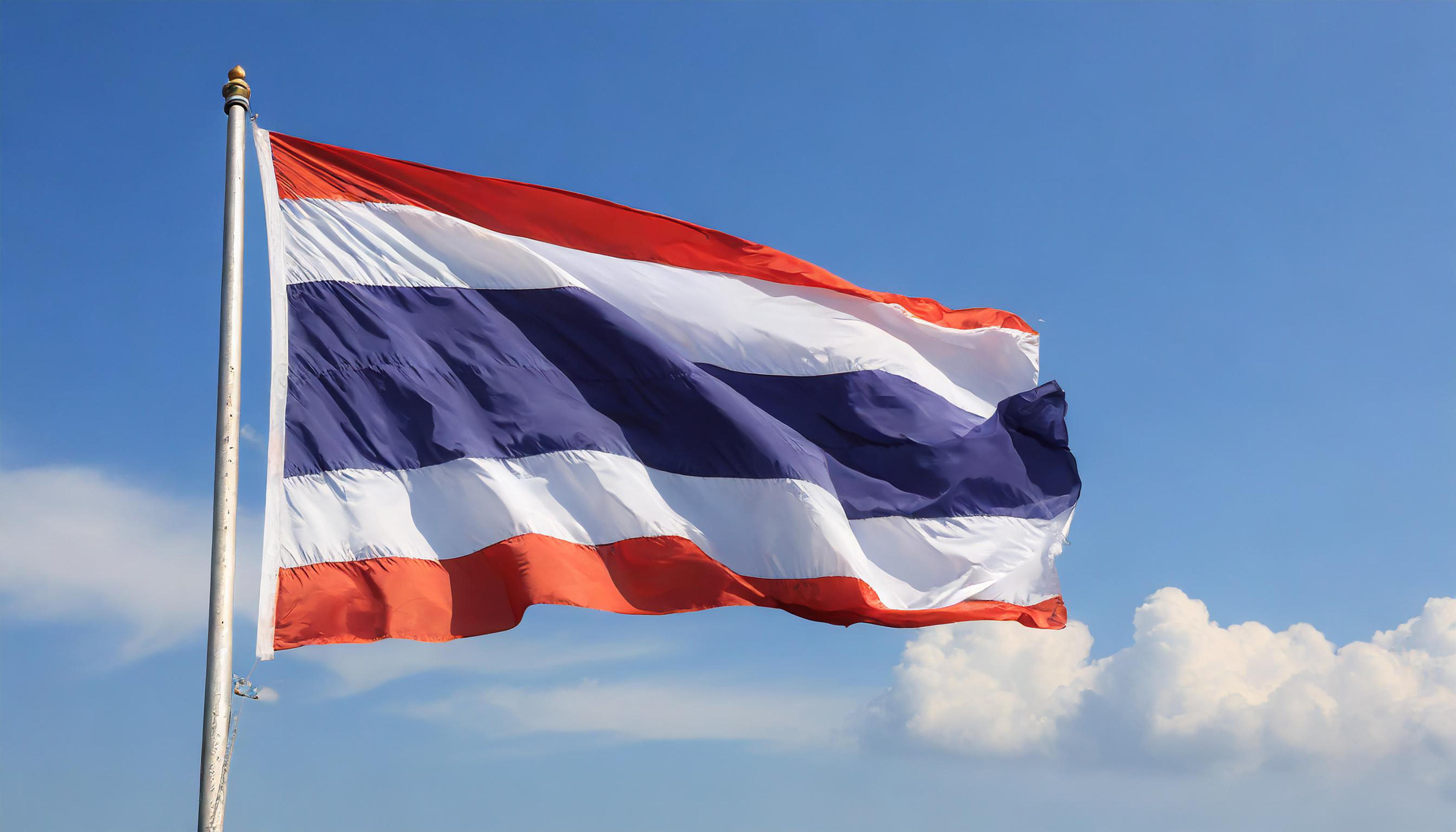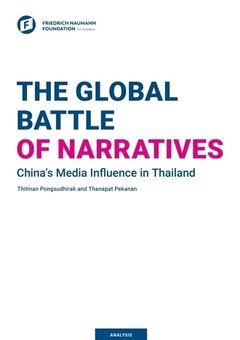Disinformation
A Global Battle of Narratives: China’s Media Influence in Thailand

National flag of Thailand
© picture alliance / Bildagentur-online | H.Tschanz-HofmannThe infiltration of Chinese state-controlled media raises concerns about democratic values and freedom of expression in Thailand. The Chinese Communist Party (CCP) strategically employs information warfare, suppressing unfavorable narratives while promoting its own. However,
movements like the #MilkTeaAlliance, symbolizing cultural dialogues among Southeast Asia's youth, challenge China's influence. Despite this, China employs healthcare diplomacy, notably vaccine diplomacy, to enhance its image in the region amid the pandemic, fueling concerns about its soft power initiatives. Thailand's media landscape is significantly affected, with disinformation about vaccines circulating on social media, influenced by false claims attributed to reputable sources.
This paper analyses Chinese influence on Thai media. China's influence extends beyond media, infiltrating academia, politics and business. Student-led initiatives promoting democratic values, such as Sam Yan Press, face pressure from Chinese businessmen to cease activities. Partnerships between Thai media and Chinese state-run media raise impartiality questions, particularly regarding sensitive issues such as the Hong Kong protests and human rights abuses in Xinjiang. Thailand stands at a crossroads, balancing democratic aspirations with the encroaching influence of authoritarian regimes.
The paper recommends raising awareness not only about the disinformation campaign of the Chinese government but also about the impact on independent media and democratic values in the country. How the country maintains its pro-democracy movement amidst Chinese challenges will shape its political trajectory, influencing both local societies and global perceptions of democracy and freedom.
Structure and Recommendations
The paper is divided into three main sections. The first section deals with how the CCP influences Thai media. The Chinese Party-state has strategically influenced global media narratives through various means, including adapting content from state-run Chinese media for international audiences, utilizing diverse channels for distribution, and subtly influencing foreign media outlets and journalists to favour China-friendly stories. Beyond content-sharing agreements, China's influence extends to infrastructure investment, media acquisitions, and information warfare, posing challenges to media freedom and transparency in Thailand. This underscores the importance of vigilance and regulatory measures to protect Thailand's media landscape from undue external influence.
The second section explores CCP's information warfare in Thailand, which seeks to undermine democracy and human rights while projecting itself favourably, particularly through healthcare diplomacy amid the pandemic. Disinformation tactics include spreading false narratives about vaccine safety and exploiting incidents of anti-Asian sentiment. Chinese narratives infiltrate various sectors in Thailand, including media, academia, politics and business. Concerns about this influence are raised by experts and individuals across Thai society, with instances of Chinese interference documented, such as attempts to pressure student-led publishing houses. Despite resistance, Chinese media's presence in Thailand continues to expand, shaping public opinion and challenging democratic values.
Lastly, the paper concludes that the infiltration of Chinese state-run media into Thailand has raised concerns about the erosion of democratic values and freedom of expression. China strategically employs information warfare, suppressing dissenting narratives while promoting its own. Despite China's efforts, the rise of online communities and their resistance challenges its influence. Recommendations include promoting awareness, working with civil society organizations, engaging with the German Embassy, dedicating efforts to preventing disinformation, regionalizing campaigns and promoting media freedom and democratic values. These measures aim to counter China's influence operations and uphold Thailand's independent media landscape.

